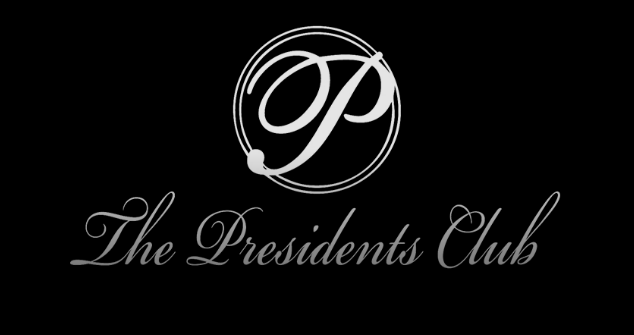Regulator finds Presidents Club in breach of Code

The Fundraising Regulator has found the Presidents Club in breach of the Code of Fundraising Practice, for failing to monitor the activities of third party fundraisers.
Following the reports of the behaviour alleged to have taken place in January of this year, the Regulator’s investigation sought to establish whether the Presidents Club had appropriate systems in place to commission and monitor fundraising undertaken on its behalf.
It has found no evidence that the charity intentionally ignored the Code, but did find that the Presidents Club and its trustees had little awareness of the expectations around fundraising, namely those outlined in the Code of Fundraising Practice.
Advertisement
It has concluded that the charity did not have a process in place to monitor the activities of the third party that organised and staffed the event, and that this was a breach of the Code.
No specific recommendations have been made by the Regulator, because the charity has said it is going to close. However, it considers that the case highlights important lessons for other charities, particularly regarding the duties of trustees.
It says that whether charities are large or small, trustees have the same obligations to ensure they are aware of their responsibilities and best practice when fundraising. It points to a key lesson from the case being that, even for a charity that holds a single, annual, fundraising event, there is the same necessity to comply with the requirements and best practice set out in the Code.
Charity Commission findings
The Charity Commission has also found significant failures at the Presidents Club Charitable Trust and that its trustees were in breach of a number of their key charity law duties, failing to protect women at its infamous gala dinner.
In its report published yesterday (12 July), the Commission concludes that the trustees failed fully to recognise or address risks to the reputation of the charity and its purpose of raising money for good causes arising from holding an all-male event staffed by female-only event staff, who were subject to instructions on their appearance, including that they wear ‘smart, sexy shoes’.
It also found that the trustees’ failure to put in place clear or adequate procedures and policies to deal with harassment or improper behaviour at the event was in stark contrast to the measures they took to protect the privacy of the guests.
The Commission has issued the trustees with formal regulatory advice under section 15(2) of the Charities Act 2011 to ensure future compliance, and has also agreed a regulatory action plan with the trustees to gather in as much of the money raised at the event as possible. Thereafter, the trustees, working with the Commission, will ensure that the charity is wound up in an orderly manner and that remaining funds reach the causes for which they were intended.
Gerald Oppenheim, Chief Executive of the Fundraising Regulator, said:
“The public has a right to expect that fundraising is conducted in a clear and transparent manner, meeting the highest ethical standards. This can be blurred when charities commission third parties, however it is the charity’s responsibility to ensure that these parties meet the Code of Fundraising Practice.”
Helen Stephenson, Chief Executive of the Charity Commission, said:
“The allegations made about the event were entirely at odds with what we would expect from any charity when raising funds for such important causes. Our report should serve as a warning to others that raising funds for charity does not absolve trustees of their legal duties or moral responsibilities. Quite the reverse, the manner in which they are raised is just as important. The public expect the highest standards of conduct from registered charities. When a charity fails to meet those standards, it can risk the very reason it was set up in the first place.”
Ceri Edwards, Director of Engagement & External Affairs at the IoF, added:
It’s disappointing to see that the Presidents Club’s trustees had little awareness of the high standards that the fundraising profession holds itself to. All fundraisers know that their conduct must be respectful at all times and adhere to the Code of Fundraising Practice.
We have been very clear that there is no place for this kind of behaviour in our sector. If we see it again we must call it out.
It’s incredibly important that fundraisers feel safe and supported in their work. This is a priority for us at the Institute of Fundraising, and today we have launched free resources on our website to support our members and the fundraising community.
He also announced the Institute of Fundraising’s new safeguarding guidance for fundraisers.



